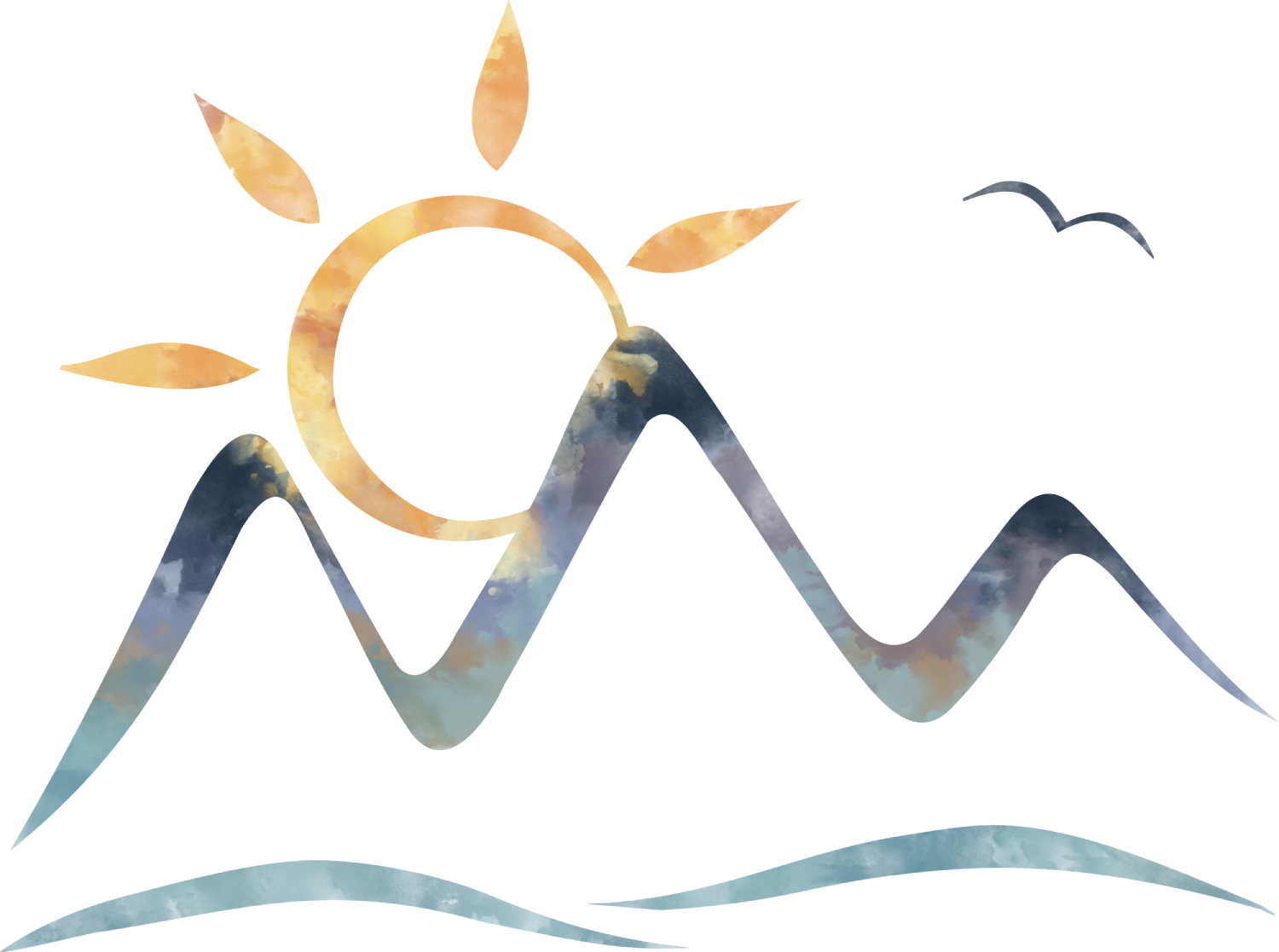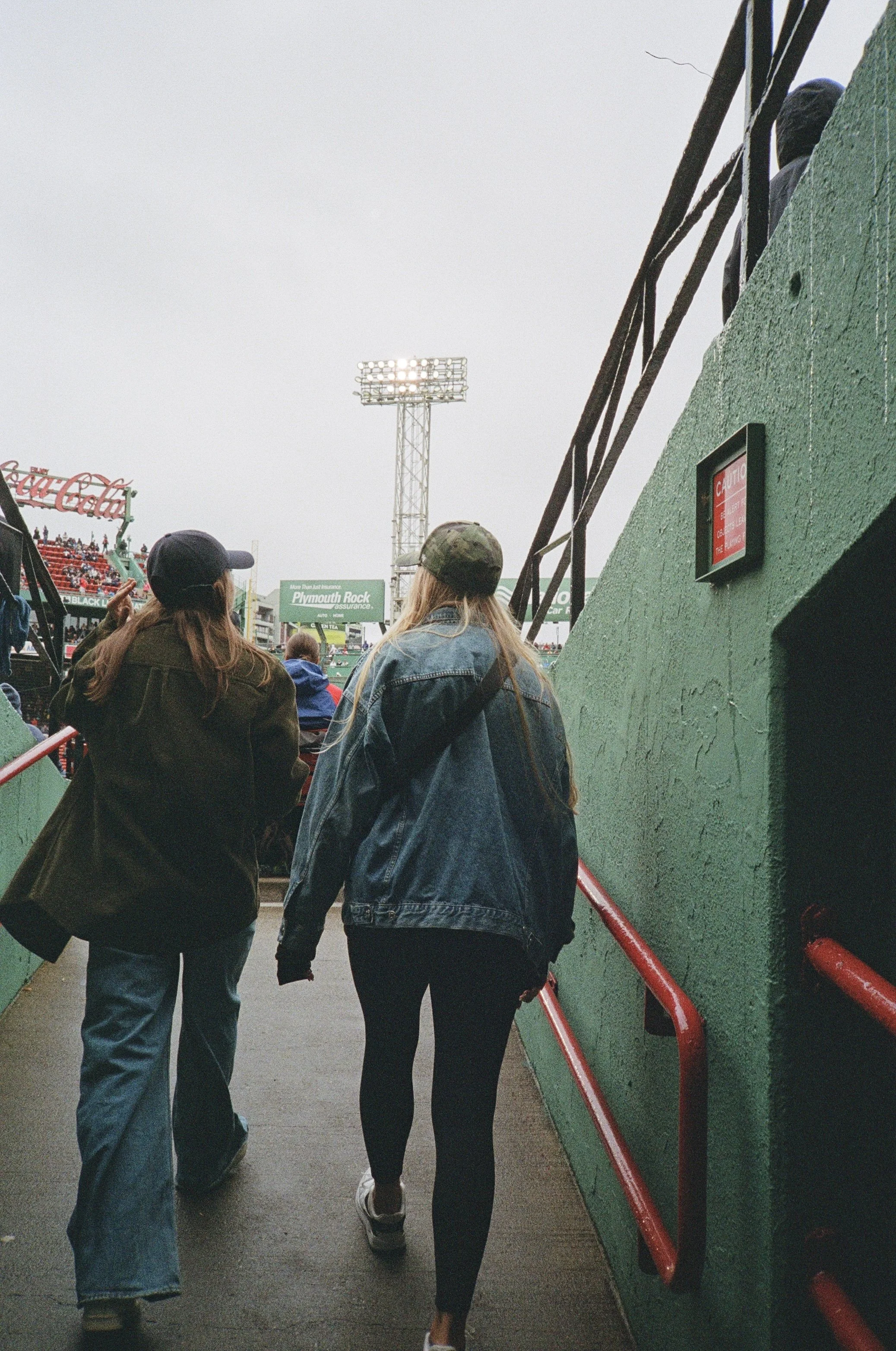How Do You Make Friends as an Adult?
You're standing in line at your local coffee shop when you spot someone who looks familiar. Maybe they're from that yoga class you used to attend, or perhaps you've seen them walking their dog in your area. You want to say hello, but suddenly your mind goes blank. What would you even talk about? And when did something as simple as making friends become so complicated?
It’s a question I hear often, both as a therapist and in my own social circle. Over the past few years, the world has changed quickly. COVID lockdowns, remote work, and the rising cost of living have made social connection harder to come by. While social media allows for some connection, finding real-life friends can feel more difficult.
Why Making Friends as an Adult Feels so Hard
When we were younger, friendship happened almost automatically. School, college, even early career jobs provided what I call "built-in social ecosystems.” Regular exposure to the same people, shared experiences, and natural conversation starters. You didn't have to like everyone, but proximity created opportunities.
Major life transitions like graduating, moving, career changes, breakups, or becoming a parent can also disrupt the social structures we rely on. One day you realize those little moments of connection, such as coffee hangouts or hallway chats, have disappeared, and you’re not sure how to get them back.When we’re younger, the structures are already in place. As an adult, it requires deliberate effort and no one teaches you how to make friends as an adult.
Trying to make a new friend can feel like the awkward beginning of dating. You might wonder, do they like me? Did I say the right thing? Did I come on too strong? In many ways, it’s similar. Both require vulnerability. Both involve mutual effort. You want to be liked, but you also want to find people who truly understand you in return.
Another quiet shift is the decline of what sociologist Ray Oldenburg called “Third Spaces.” These are places outside of home and work, such as libraries, community centres, gyms, and parks, where connection happens naturally. These spaces were once easy to find. Today, they are more scattered and often require time, money, or planning.
If you've recently moved, work remotely, or lost a previous Third Space, the challenge becomes even steeper. You're not imagining that connection feels harder. Those small, repeated encounters that build familiarity and trust have genuinely become more rare.
How do you find your Third Spaces?
The key to adult friendship is recreating those natural meeting grounds. Here's how to identify and make the most of Third Spaces in your life:
Follow your interests. Join a group or class based on something you enjoy, such as board games, ceramics, yoga, or trail walks.
Use available tools. Meetup, Eventbrite, and Facebook groups can help you find events nearby. Technology can’t meet all your social needs, but it can help you connect with others in real life with similar interests.
Take small social risks. Say yes to an invite, chat with someone at the library, or introduce yourself to someone you see often.
Be consistent.Friendship can develop through what psychologists call "mere exposure.” In short, we tend to like people more the more we see them. Repetition builds comfort. Keep showing up.
If you're in Calgary, some great Third Spaces include:
Community libraries offer free programming year-round, from author talks to maker spaces. The Central Library downtown and neighborhood branches like Saddletowne and Crowfoot host events almost daily.
Seasonal markets like the Hillhurst Sunnyside Farmers Market or Crossroads Market, or pop-up markets like Easy Days create regular meeting opportunities, especially if you become a familiar face to vendors.
Calgary's extensive pathway system and dog parks are goldmines for casual conversation. Off-leash areas like Bowmont Park or Sue Higgins Park practically guarantee you'll meet fellow dog lovers. Because who doesn’t love talking about their puppy!
Winter-specific spaces like community skating rinks, cross-country ski groups through the Calgary Ski Club, or indoor climbing at facilities like The Hive can help you stay social during our long winters.
So, where do YOU want your Third Spaces to be?
Is it a book club, a rec league, a gardening group, or the dog park? If nothing comes to mind, that’s okay. Maybe this is your invitation to start noticing what makes connection feel difficult or what might help it feel easier.
Putting yourself out there always carries some risk. But a little openness creates the space where real friendship can grow.
My challenge to you (I'll do it too!): Take one small step toward building your community. Say hello to someone new, visit a community space, or explore an interest where people gather. It can feel intimidating, but those small steps lay the foundation for real connection.
Your Next Steps
Here's my challenge to you (I'll do it too!). This week, take one small step toward building community. Maybe that means:
Signing up for a class you've been considering
Saying hello to someone you see regularly but have never spoken to
Attending a community event in your neighborhood
Reaching out to an acquaintance to suggest a casual hangout
It might feel intimidating, but remember that most people are dealing with the same friendship challenges you are. Your openness could be exactly what someone else needs to feel less alone.
Key Takeaways
Making friends as an adult is hard, and it’s not just you.
Life changes and modern routines can reduce opportunities for connection.
Third Spaces, or places beyond work and home, are essential but harder to find.
Start small, be consistent, and follow your curiosity.
You’re not behind. This is something we all have to figure out!
Samantha Rintoul
Registered Provisional Psychologist



